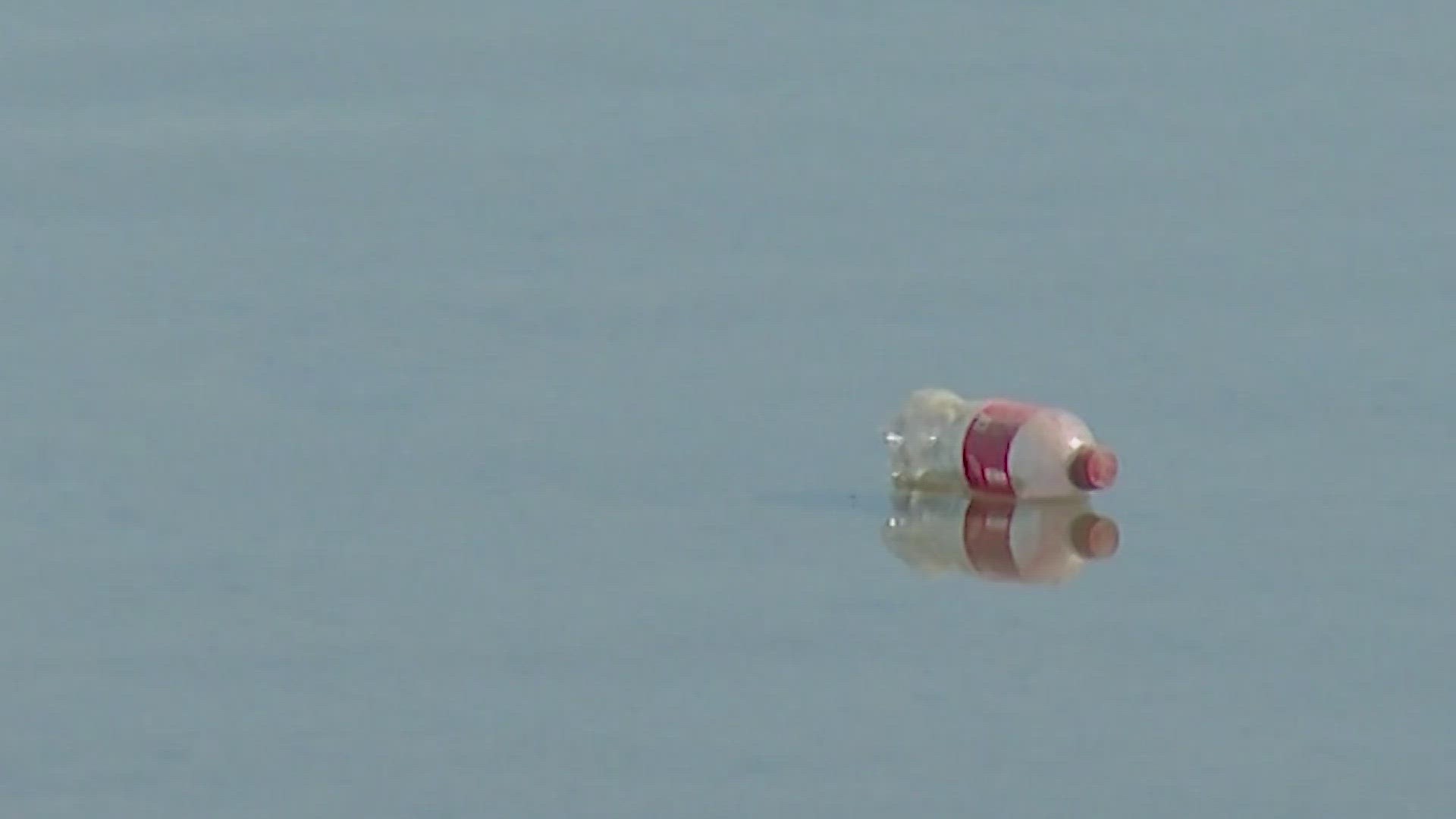PORTLAND, Maine — A report by one of the country's largest ocean and beach preservation organizations ranked Maine top in the U.S. for the laws and policies that protect those waterways from the effects of climate change.
At the end of 2022, the Surfrider Foundation released its sixth annual State of the Beach report. You can read the full report here.
The report grades 30 states and the territory of Puerto Rico on comprehensive laws and policies to protect our nation’s beaches from: coastal erosion, sea level rise, and poorly-planned development.
Only 11 states earned a grade of either an ‘A’ or ‘B.’ Each state or territory was graded on a set of 12 criteria: only Maine, Maryland, and California earned an 11 out of 12. Not one state or territory got a perfect score.
"Maine is actually really progressive for planning for climate change, understanding climate change, and developing sea level rise plans," said Stefanie Sekich, the author of the report, and the foundation’s senior manager of the Coast and Climate Initiative. "They're putting their money where their mouth is. So, I've never been surprised at how Maine is doing such a good job."
The report credits Maine's laws that protect coastlines from new building projects, such as not allowing development in intertidal zones — the area where the ocean meets the land between high and low tides. Sekich said states like New Jersey and Florida allow for that type of development, which Surfrider says creates another problem: building sea walls to protect those homes.
The group says seawalls block the natural flow of sand to the beach and starves the beach in front of it, limiting public access.
"Seawalls might have good intentions to protect infrastructure, but they wreck the beach," Sekich said. "Instead of doing these short-term, incremental band-aids, let's invest now."
That category, coastal armoring, is the area where Surfrider feels Maine could improve. The researchers said Maine could be more restrictive in how it allows permits for rebuilding seawalls.
New seawalls and the extension of existing seawalls on beaches are illegal in Maine.
Surfrider advocates for using nature-based solutions, like when South Portland used Christmas Trees to restore sand dunes at Willard Beach. The town of Wells recently spent $70,000 to fortify its seawall with jagged boulders.
"It's construction, but we're using nature to protect nature, rather than a sea wall that's going to trap all of that sand," Sekich said.
While those efforts can be more expensive, Sekich said there is money from the federal government dedicated to these initiatives to protect our climate.
In 2021, Gov. Janet Mills signed HB 1572 into law, which requires state agencies to incorporate 1.5 feet of relative sea level rise by 2050 and 4 feet by 2100 into the administration of those laws and rules.
That effort is part of the work by Maine's Climate Council, a team of "scientists, industry leaders, bipartisan local and state officials, and engaged citizens to develop a four-year plan to put Maine on a trajectory to reduce emissions by 45% by 2030 and at least 80% by 2050."
"Fisherman I grew up with, people who work in the woods, farmers, they are seeing changes in our climate that they want us to take seriously," said Hannah Pingree, co-chair of the MCC. "Our state is taking these issues seriously from an economic point of view [and] a climate point of view. Honestly, I don't think there's political disagreement on the need to protect the essential part of Maine."
It's essential to people like Katie Strait, a Baxter Academy science teacher, marine biologist, and avid surfer, seeing Maine's climate change right in front of her.
"The ocean is our playground. And our playground has become polluted," Strait said. "I'll be in the water, and this marine debris [is] just floating. And so, me and a lot of my surfer friends, we're picking up plastic, we're shoving it in our wetsuit, and taking care of it when we get back to the beach."
Strait and her students are currently conducting research in Portland, using an app by National Geographic, to track marine debris such as microplastics found near Back Cove.
"You can't go a step or two without seeing some type of plastic or some type of marine debris. These environments that people love are now being tarnished," Strait said. "They're not separate issues. They are tied together."
The National Oceanic and Atmospheric Administration research found sea level rise is inevitable due to global temperature warming: how much and by when depends mostly on the future rate of greenhouse gas emissions.
National Geographic reports that burning fossil fuels is one of the causes of global warming because it releases carbon dioxide and other heat-trapping gasses into the atmosphere. The oceans then absorb the majority of this heat. As water becomes warmer, it expands. This results in ocean levels rising worldwide.
The same greenhouse gases that contribute to sea level rise are the ones companies burn in the production of plastic.
Strait said reducing our reliance on single-use plastics, such as bottled water, straws, or grocery bags, can decrease production and slow global warming.
"I want my kids — my seven and my nine-year-old — to have clean beaches when they're my age," Strait said. "It comes down to education. We need awareness first. People can't do anything without awareness."

